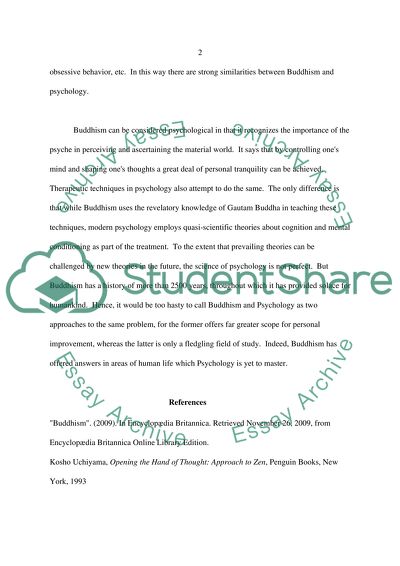Buddhism 'psychological' Essay Example | Topics and Well Written Essays - 500 words. Retrieved from https://studentshare.org/miscellaneous/1574168-buddhism-psychological
Buddhism 'Psychological' Essay Example | Topics and Well Written Essays - 500 Words. https://studentshare.org/miscellaneous/1574168-buddhism-psychological.


